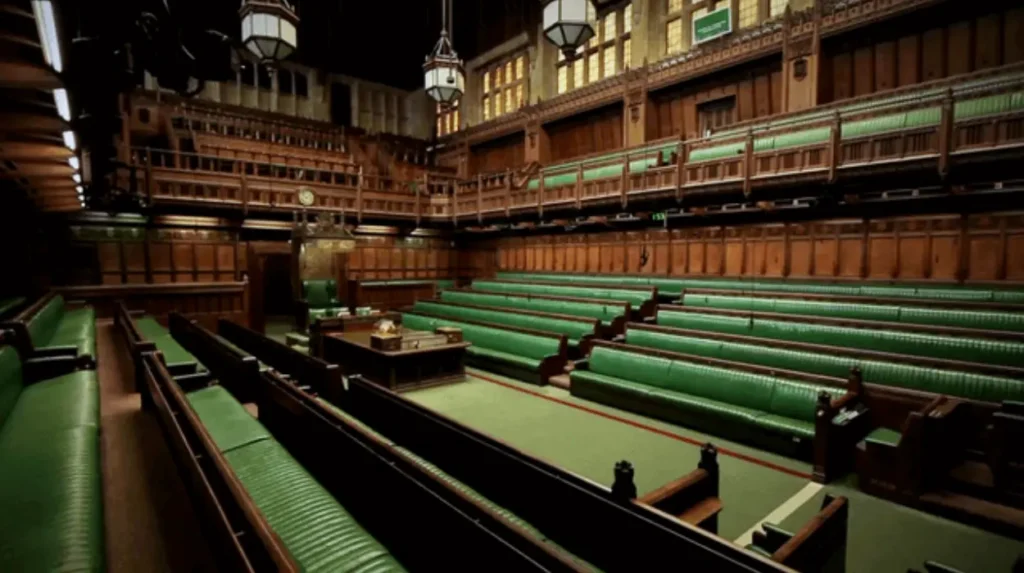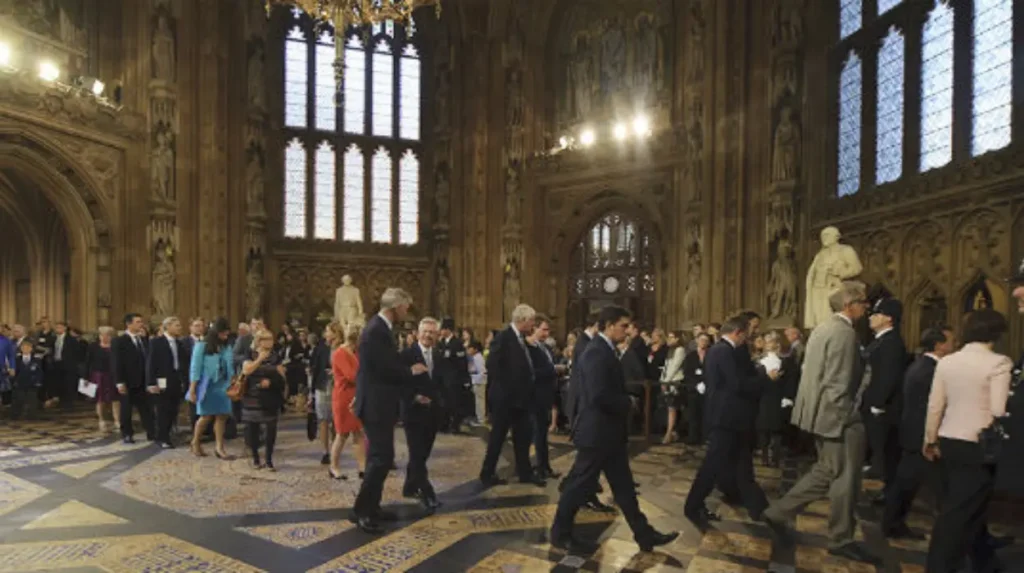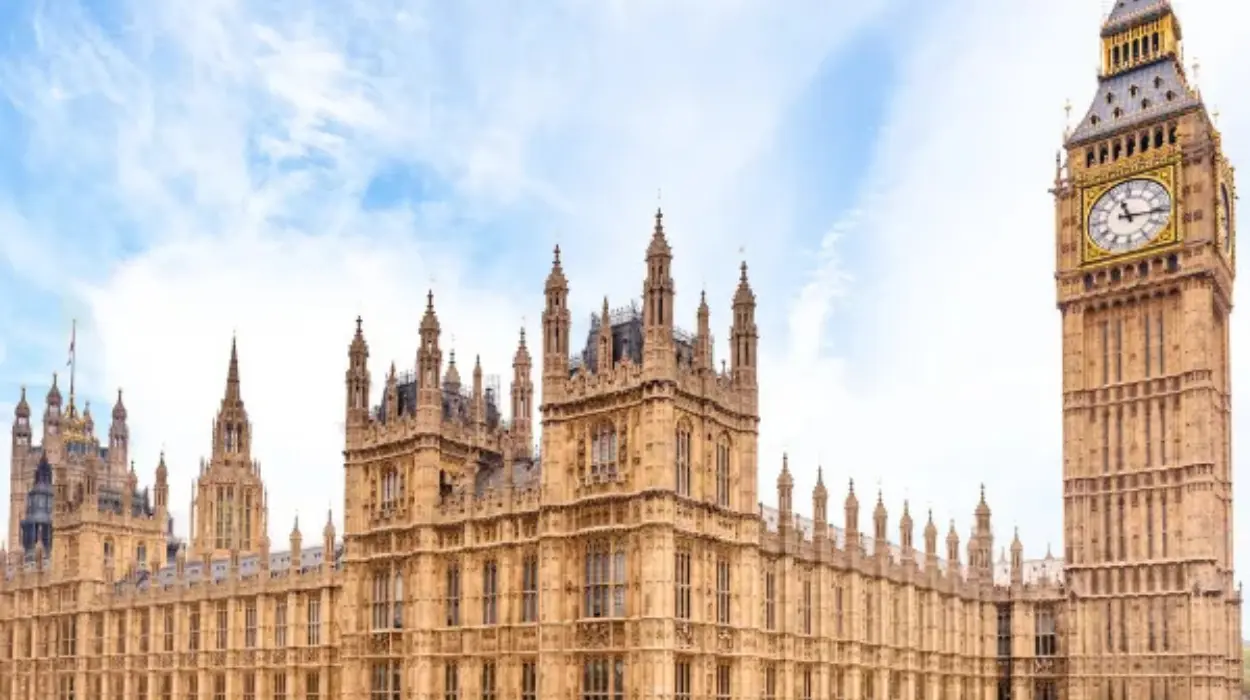Lobbying has become a common practice in democratic systems, but it isn’t practiced or considered legal in every jurisdiction (state). This article describes lobbying and how it is particularly visible in the United Kingdom. Although legal and a major factor in public policy creation and influence in the UK, lobbying is also circumscribed by regulations and means of openness to stop abuse and bribery. Anyone wishing to understand how lobbying operates in the UK, the wider legal context it belongs to, and the regulatory landscape if political advocacy or public affairs pique your interest should note these.
What is Lobbying?
Lobbying is how interest groups, organizations, or individuals seek to influence the decisions of government (policies made). This might include personal contact with Members of Parliament, government ministers, or public servants; lobbyists represent businesses, charitable organizations, trade unions, non-governmental organizations, or professional groups. In the UK, lobbying is regarded as a legitimate form of involvement and impact on the democratic process since every voice should be heard in law, as long as it is done transparently and fairly.
Is Lobbying Legal in the UK?
Lobbying in the United Kingdom is legitimate and morally done as long as it follows applicable legislation. Knowing lobbying as a means for wise judgments, the government acknowledges the politicians’ dependence on expert advice, facts, and stakeholder views. Rules are in place at the same time to ensure lobbying does not fall into bribery, undue influence, and conflicts of interest. To ensure accountability, lobbyists have to follow standards on openness, particularly when they are lobbying public officials.

Legal Framework for Lobbying in the UK
The UK legal system established the rules for lobbying by trying to strike a balance between allowing valid advocacy and avoiding wrongdoing.
1. Nonparty Campaigning, Trade Union Management Act 2014, and Transparency of Lobbying
The main rule controlling lobbying in the United Kingdom, this act created a statutory register of lobbyists who work for a third party interacting with ministers in government or permanent secretaries. It guarantees openness and published lobbying so that the public can see who is trying to affect senior officials’ behavior. The Act also includes rules with respect to election campaign expenditure, as well as reporting requirements for trade unions.
2. Bribery Act 2010 and Criminal Law
It is a lawful action; lobbying breaks the Bribery Act 2010 and is unlawful if it entails giving or receiving bribes. Since this law covers both private and public sector actions, lobbyists are not permitted to provide gifts, payments, or any other kind of favorable consideration in exchange for decisions favorable to them. Criminal charges, fines, and imprisonment could follow violations.
3. Codes of Conduct for Parliament
Codes of behavior for members of Parliament, peers in the House of Lords, and ministers of the government limit lobbyists’ capacity to affect their decision-making elements. For instance, ministers in government must adhere to the Ministerial Code, which includes directions on how to handle interactions with people outside government, whereas MPs have to declare pertinent financial interests and cannot take paid lobbying jobs.

Regulation and compliance
Regulation of lobbying activities maintains public confidence and fairness of decision-making.
1. Office of the Registrar of Consultant Lobbyists (ORCL)
ORCL manages the statutory register of consultant lobbyists in the UK. The ORCL ensures compliance with the 2014 Act by monitoring registrations, imposing sanctions for non-compliance, and providing information to lobbyists. There are financial penalties for lobbyists who are required to register and fail to do so.
2. Publication of Ministerial Meetings
Government departments in the UK must publish details and disclosures on external meetings with ministers on a quarterly basis. Allowing groups to register, track, and publicize their lobbying activities transparently.
3. Public Awareness of Meetings between Lobbyists and Senior Officials
It is good to allow the public to see who is lobbying and what types of conversations they have had with senior officials, as this would provide another level of transparency to the public and into our lobbying regime.
4. Self-Regulation by Professional Associations
Beyond the legal framework, many professional lobbyists are members of professional associations like the Public Relations and Communications Association or the Chartered Institute of Public Relations, which ensure their members follow ethical standards and a code of conduct. These, often defined by the professional body, set an expectation that is higher than legal standards.
Criticism and Challenges of Lobbying Regulation
Although the UK has a system to regulate lobbying activities, some feel it is inadequate.
- Limited Scope of the Lobbying Register: The current statutory register only covers consultant lobbyists who lobby senior officials. In-house lobbyists are not included, nor are other types of lobbying or influence. Critics argue this creates exemptions and fails to promote transparency.
- Revolving Door Issues: The strong rule against the “revolving door” or implications that former ministers or civil servants lobby when they could are an ethical issue. There are rules around this, and there is a time period for leaving, but this aspect has been questioned regarding enforcement.
- Calls for Regulation: Social activist campaigns and parliamentary committees have recommended that all significant lobbying activities be captured in the lobbying register, add stricter or enhanced reporting for those lobbying, and allow groups to register, monitor, and publicly publish their lobbying activities transparently.

Legal but Regulated Role of Lobbying in the UK
Lobbying in the UK is legal and controlled to guarantee transparency, shield public trust, and guard against corruption. Among other laws and codes of conduct, the UK Transparency of Lobbying Act 2014 helps to keep lobbying events responsible to the public. Still, there is continuous argument on whether current rules are sufficient, as others support more control to stop loopholes. Ethical conduct and openness in lobbying can benefit policymaking by presenting well-informed ideas used in the formulation of laws and policies best serving society.


